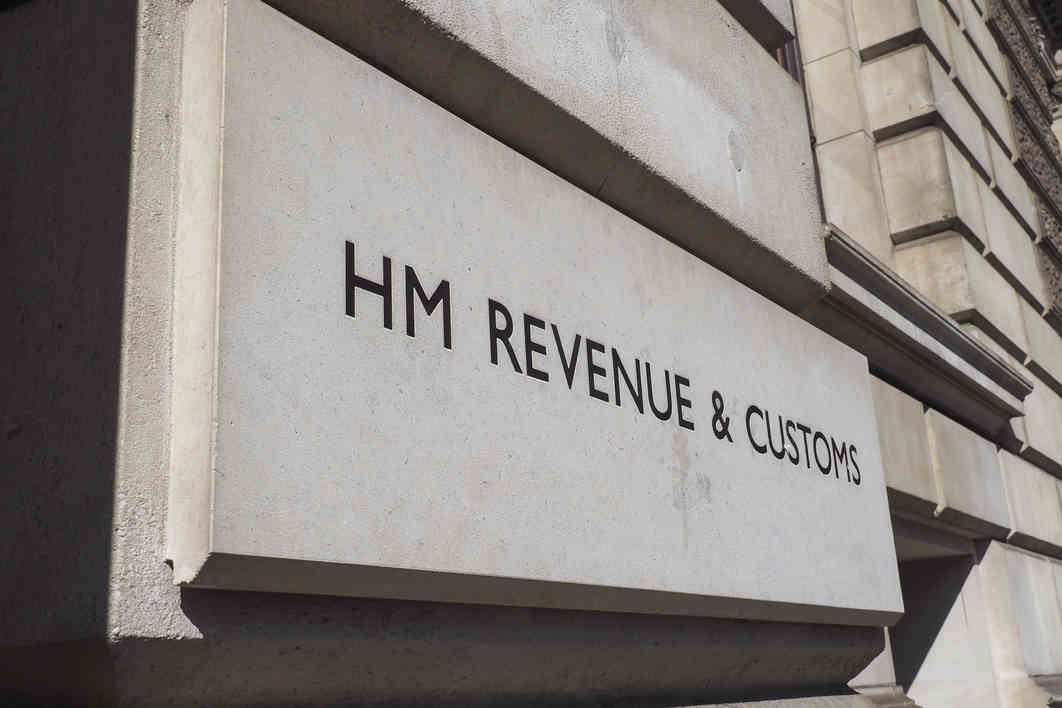
HMRC could save an estimated 1.7 million hours of call handlers’ time every year if it implemented an automated status tracking system, according to two of the leading bodies for tax advisers and chartered accountants.
A joint study by the Chartered Institute of Taxation (CIOT) and ICAEW tracked attempts to contact HMRC across phone lines and web chats for six weeks. It found that more than one-third of contact attempts were made to chase progress on existing enquiries, rather than to make a new enquiry.
The bodies say that, while improving customer service performance remained crucial, a significant reduction in the need for agents and taxpayers to contact HMRC in the first place was vital.
Only 33% of contact attempts to HMRC resulted in the query being fully resolved, the study found, with the average wait time across phone and web chat standing at 19 minutes.
The introduction of an automated tracking system to eliminate progress chasing calls could save more than 1.7 million hours each year, the equivalent of 1,000 full-time employees or approximately£36 million, CIOT and ICAEW said.
Additionally, an automated tracking system would reduce the number of staff needed to answer such calls, who could be redeployed elsewhere.
Ellen Milner, CIOT’s Director of Public Policy, said:
‘The report’s recommendations are practical solutions which can deliver significant improvements for agents and taxpayers.
‘Additionally,from an HMRC perspective, resolving issues with progress chasing alone has the potential to save them over £36 million a year in staff costs. This seems a good place to start for releasing funds for much needed investment in training and digitalisation.’
Internet link: CIOT website






